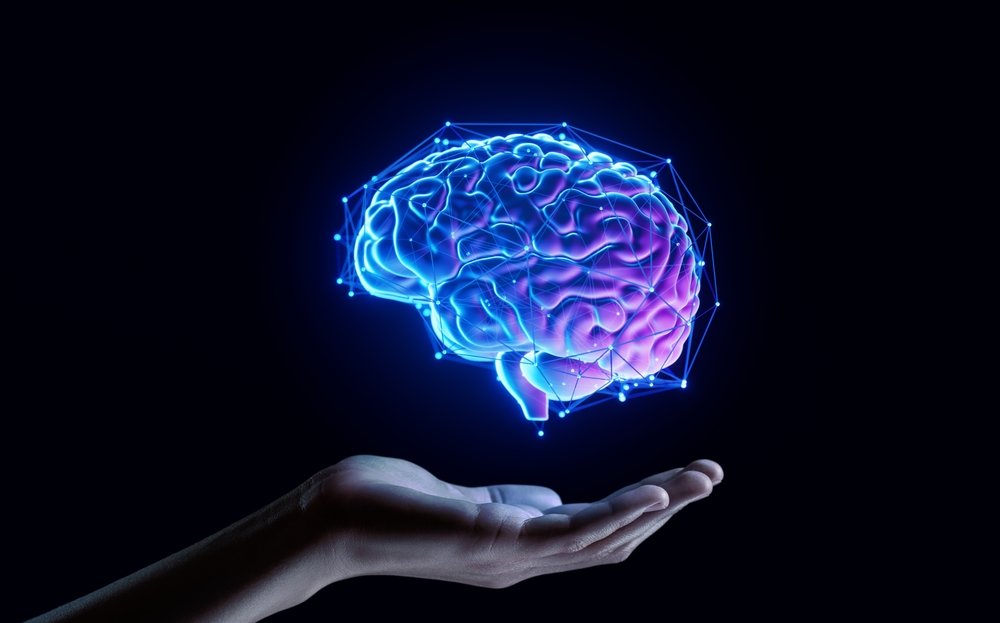
Rewiring the Brain: How Mindfulness Transforms Your Neural Networks

In recent years, mindfulness has evolved from an ancient spiritual practice into a scientifically validated approach for enhancing mental health and cognitive function. What was once primarily associated with Eastern philosophical traditions has now captured the attention of neuroscientists worldwide. The compelling evidence suggests that regular mindfulness practice doesn’t just change how we feel—it actually rewires our brains in profound and measurable ways.
The Neurological Architecture of Mindfulness
Strengthening Your Brain’s Gray Matter
One of the most remarkable discoveries about mindfulness is its ability to physically alter brain structure. Research published in Psychiatry Research demonstrates that mindfulness meditation increases gray matter density in regions associated with learning, memory, and emotional regulation. This increased density translates to more efficient neural processing and enhanced cognitive abilities. Essentially, regular mindfulness practice builds a stronger, more resilient brain.
Transforming the Default Mode Network
The default mode network (DMN) functions as our brain’s “autopilot” system—active when we’re daydreaming, ruminating, or letting our minds wander. A 2020 study found that mindfulness enhances connectivity within this network, improving how our brains manage self-reflective thought processes. This enhanced connectivity helps explain why mindfulness practitioners report greater self-awareness and less unproductive rumination.
Rewiring the Brain’s Communication Pathways
Mindfulness training induces neuroplastic changes, including improved microstructural integrity in white matter tracts. These changes enhance the connectivity between brain regions involved in attention and emotional regulation. This is particularly significant because it demonstrates that mindfulness doesn’t just affect isolated brain regions—it improves how different parts of the brain communicate with each other.
Functional Improvements in Brain Performance
Balancing Brain Waves for Optimal Function
A 2021 study published in Frontiers in Human Neuroscience discovered that mindfulness meditation increases alpha and theta brainwave activity. Alpha waves are associated with relaxed alertness, while theta waves emerge during deep meditation and creative problem-solving. This shift in brainwave patterns helps explain why mindfulness practitioners experience both heightened relaxation and improved creative thinking.
Strengthening the Brain’s Attention Networks
Mindfulness practice enhances functional connectivity between the dorsolateral prefrontal cortex and frontoparietal regions—areas crucial for maintaining focus and working memory. A 2021 study in Cerebral Cortex confirmed that regular mindfulness practice leads to improvements in brain regions responsible for cognitive control and attention. This makes mindfulness a particularly valuable tool for individuals with attention-related challenges.
Boosting Memory and Cognitive Performance
For those looking to enhance cognitive function, a 2020 study from the Journal of Cognitive Enhancement revealed that mindfulness practices improve working memory capacity and overall memory performance. This improvement stems from enhanced connectivity in memory-related neural networks and reduced mental clutter that often interferes with information processing.
Emotional Regulation and Mental Well-being
Calming the Emotional Storm Center
The amygdala—often called the brain’s “fear center”—plays a crucial role in our emotional responses, particularly negative emotions. Research published in Biological Psychiatry found that mindfulness training reduces amygdala reactivity to emotional stimuli while increasing activity in the prefrontal cortex, which governs rational decision-making. This neurological rebalancing explains why mindfulness practitioners report greater emotional stability even in challenging situations.
Breaking the Stress Cycle
A groundbreaking study published in Nature Human Behaviour demonstrated that mindfulness lowers cortisol levels and alters brain regions associated with the stress response. This neurobiological change creates a positive feedback loop: reduced stress hormones lead to less activation of stress-related brain regions, which further reduces hormone production. This virtuous cycle helps explain the profound stress-reduction benefits experienced by mindfulness practitioners.
Cultivating Compassion Through Neural Rewiring
Beyond personal well-being, mindfulness also affects how we relate to others. A study published in PLOS ONE found that mindfulness enhances activity in brain areas associated with compassion and empathy. These changes facilitate deeper social connections and more harmonious relationships, extending the benefits of mindfulness beyond the individual practitioner.
Practical Applications for Enhanced Brain Function
Executive Function Enhancement
A 2021 study in the Journal of Affective Disorders revealed that mindfulness improves executive functions such as planning, problem-solving, and multitasking. These improvements stem from enhanced connectivity between brain regions responsible for cognitive control and decision-making. For individuals struggling with executive dysfunction, including those with ADHD, mindfulness offers a promising complementary approach.
Neuroplasticity and Habit Formation
Mindfulness promotes neuroplasticity—the brain’s ability to form new neural connections and reorganize itself. This enhanced plasticity, confirmed by a 2020 study in Translational Psychiatry, facilitates the formation of new habits and behaviors. By making the brain more adaptable, mindfulness creates a neurological environment conducive to positive change.
Integrated Brain Function
Perhaps most importantly, mindfulness improves integration across large-scale brain networks, including the default mode network, salience network, and central executive network. This enhanced integration supports more coherent cognitive and emotional processing, allowing for greater psychological flexibility and adaptive responses to life’s challenges.
Conclusion: A Brain Transformed
The scientific evidence is clear: mindfulness doesn’t just change how we feel temporarily—it fundamentally transforms our brains. From structural changes in gray matter to enhanced connectivity between neural networks, mindfulness creates measurable, sustainable improvements in brain function.
These neurological changes translate to real-world benefits: better attention and focus, improved emotional regulation, enhanced memory, reduced stress, and greater overall well-being. As research continues to advance, we’re gaining an increasingly sophisticated understanding of how mindfulness rewires the brain for optimal performance.
Whether you’re seeking to enhance cognitive function, manage stress more effectively, or simply experience greater well-being, the evidence suggests that mindfulness offers a powerful, scientifically validated approach to transforming your brain—and by extension, your life. In a world of quick fixes and temporary solutions, mindfulness stands out as a practice capable of creating lasting, positive neurological change.
Cited Research Articles
Sezer I, Pizzagalli DA, Sacchet MD.
Neuroscience and Biobehavioral Reviews. 2022;135:104583. doi:10.1016/j.neubiorev.2022.104583.
Mindfulness Meditation Increases Default Mode, Salience, and Central Executive Network Connectivity.
Bremer B, Wu Q, Mora Álvarez MG, et al.
Scientific Reports. 2022;12(1):13219. doi:10.1038/s41598-022-17325-6.
Rahrig H, Vago DR, Passarelli MA, et al.
Scientific Reports. 2022;12(1):12260. doi:10.1038/s41598-022-15195-6.
Gotink RA, Meijboom R, Vernooij MW, Smits M, Hunink MG.
Brain and Cognition. 2016;108:32-41. doi:10.1016/j.bandc.2016.07.001.
Siew S, Yu J.
Scientific Reports. 2023;13(1):18469. doi:10.1038/s41598-023-45765-1.
Effects of Web-Based Mindfulness Training on Psychological Outcomes, Attention, and Neuroplasticity.
Mora Álvarez MG, Hölzel BK, Bremer B, et al.
Scientific Reports. 2023;13(1):22635. doi:10.1038/s41598-023-48706-0.
Kral TRA, Schuyler BS, Mumford JA, et al.
NeuroImage. 2018;181:301-313. doi:10.1016/j.neuroimage.2018.07.013.
Taren AA, Gianaros PJ, Greco CM, et al.
Psychosomatic Medicine. 2017 Jul/Aug;79(6):674-683. doi:10.1097/PSY.0000000000000466.
https://academic.oup.com/scan/article/10/12/1758/2502572
https://journals.plos.org/plosone/article/file?type=printable&id=10.1371/journal.pone.0215569






